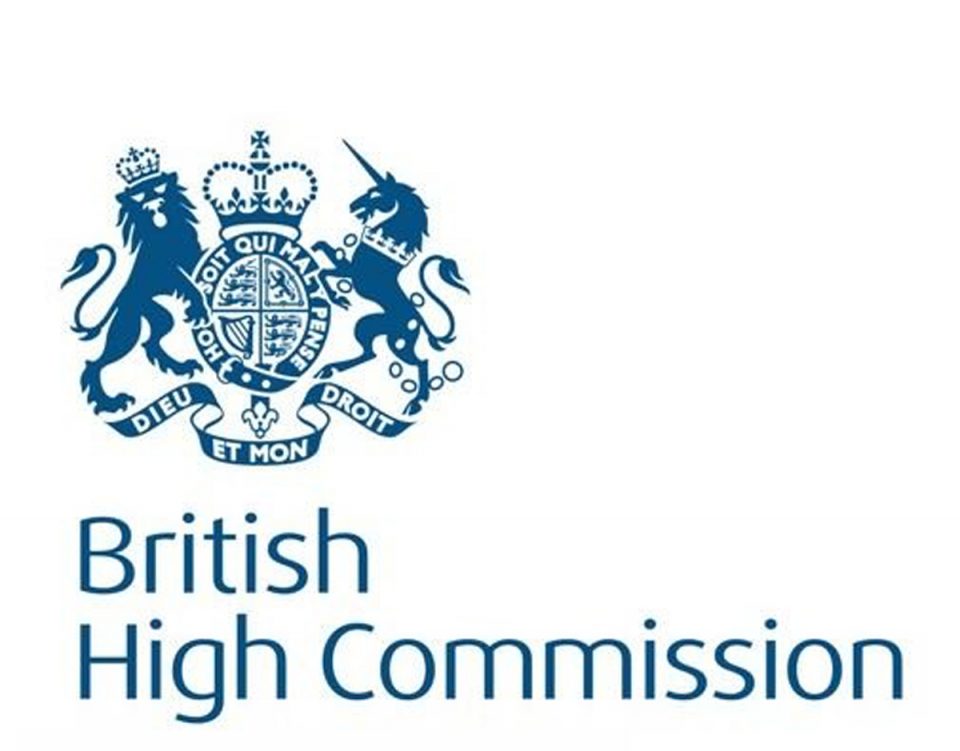In order to safeguard the economies of developing countries, the United Kingdom and the Swiss Government, have called on countries to work in unison. Both governments said this was necessary in order to ensure that people continue to send money to relatives in other countries during the coronavirus outbreak.
The call by the UK and Switzerland was supported by the World Bank, the United Nations Capital Development Fund, United Nations Development Programme and the International Organisation for Migration.
Also in support of the call were a number of countries, including Ecuador, Egypt, El Salvador, Jamaica, Mexico, Nigeria and Pakistan.
Such remittances, both governments noted, accounted for more than five percent of the Gross Domestic Products (GDP) in at least 60 developing countries. They recalled the World Bank’s prediction that remittances to low and middle income countries will fall by 20 percent or $110 billion in 2020.
The Senior Press and Public Affairs Officer, British High Commission, Abuja, Christopher Ogunmodede, in a statement issued in Abuja, said: “The UK and Switzerland today called for greater global collaboration to make sure diaspora communities around the world can continue to send financial support to their families in developing countries. “The joint call highlighted the urgent need for people to be able to continue accessing money transfer services, and for governments to make sure those funds reach those reliant on this support. Both the UK and Switzerland are also urging countries to support greater access to digital remittance services and to declare remittances an essential financial service. They are also encouraging remittance service providers to reduce costs and fees for people making payments.” The United Kingdom and Switzerland also said money sent by individuals to family and friends living in low and middle income countries totalled $554bn in 2019. This, they added, was a vital lifeline in many developing countries, boosting economic development and lifting people out of poverty.
“But coronavirus is already having a big impact, with a drop in the wages of migrant workers and coronavirus restrictions, making it more difficult for people to access money transfer services. “The World Bank predicts that remittances to low and middle income countries will fall by 20 percent in 2020, totalling $110 billion.
“A drop of this size would have a severe impact on countries where many people are already facing destitution and even starvation as a result of the huge economic impact of the pandemic. Remittances account for more than five percent of GDP for at least 60 developing countries. Life in lockdown is making it harder to send and receive funds,” the statement also read. The United Kingdom International Development Secretary, Anne-Marie Trevelyan, said the move will be lifesaving for some families in developing countries. “The coronavirus pandemic means we are all concerned about how our family and friends here and overseas are coping. That’s why we’re making it easier for diaspora communities in the UK and other countries to continue to transfer money to their relatives.
“This will be lifesaving for some families in developing countries where coronavirus is making a lack of food and healthcare, and extreme poverty, even worse. We are helping to prevent fragile economies from facing potential collapse during the pandemic,” Trevelyan said.




